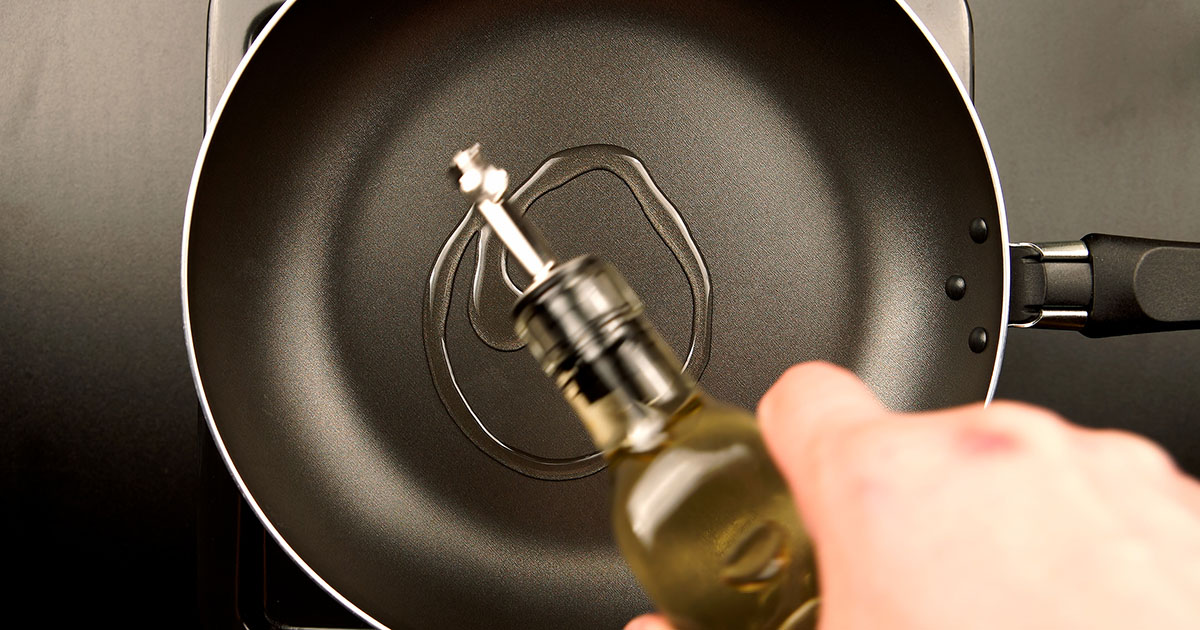How To Follow The Mediterranean Diet
Fats And Oils Are Not The Enemies

Many individuals believe they need to minimize the amount of fat and oil they consume in their diet if they wish to remain healthy. However, to follow the Mediterranean diet, individuals must do the opposite! Within reason, of course. For instance, instead of using butter or canola oil when cooking, turn to extra-virgin olive oil. Olive oil, particularly extra-virgin olive oil, is a rich source of monounsaturated fatty acids, which improves high-density lipoprotein cholesterol (the good kind) and thus reduces bad cholesterol. For an authentic Mediterranean taste, drizzle this oil on fish or chicken, use it in salad dressings, and as a pasta sauce.
Healthy fats to include in a good Mediterranean diet are omega-3 and omega-6s, both of which help to reduce the risk of heart disease, diabetes, and arthritis, as well as assisting in healthy hair and skin growth, and reducing depression. Aside from extra-virgin olive oil, good sources to include in a Mediterranean diet are avocados, garlic, walnuts, eggs, and fish.
Speaking of fish, continue reading to learn why it should be the main ‘meat’ in a Mediterranean diet.